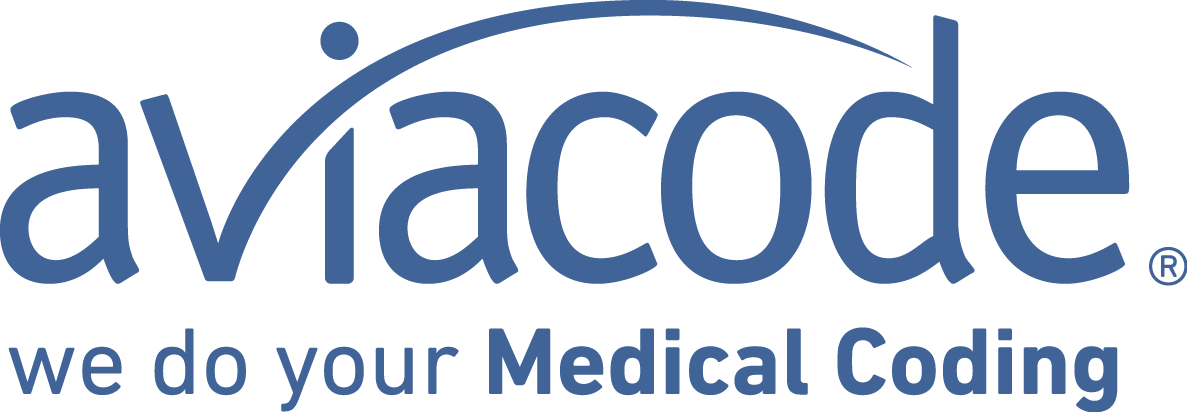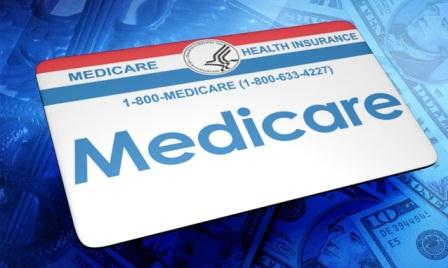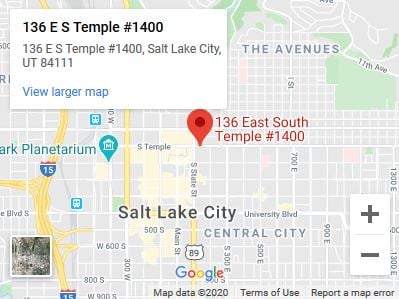Last month, the United States Court of Appeals for the Fifth Circuit affirmed a lower district court decision to dismiss a False Claims Act lawsuit brought against a Texas-based hospital system. The lawsuit by a data analytics firm accused the health system of fraudulently using secondary diagnosis codes to increase its revenues over a six year period.
Read More
Topics:
ICD-10,
Medical Coding,
HCC Coding,
Pro-Fee Coding,
Facility Coding,
Outpatient Coding
The Department of Justice announced in a press release last month that Skyline Urology has agreed to pay the United States $1.85 million to resolve allegations that it violated the False Claims Act by submitting improper claims to the Medicare program for evaluation and management services.
Read More
Topics:
HCC Coding,
Risk Adjustment
By optimizing revenue healthcare, organizations can put themselves in a position to survive and thrive in the modern marketplace of shrinking margins, consumer engagement, and higher cost pressures. This is true whether you are affiliated with billing companies, hospitals, physician practices, or payers. One of the most important ways to optimize revenue is by ensuring accuracy and efficiency in medical coding and documentation.
Read More
Topics:
Medical Coding,
Clinical Documentation,
HCC Coding,
Medical Coding Audits
As the share of Medicare beneficiaries enrolled in Medicare Advantage has steadily grown to over 19 million beneficiaries according to a U.S. Attorney, federal prosecutors intervening in a newly unsealed whistleblower lawsuit in California is yet another example of the government's willingness to protect the integrity of the Medicare Advantage program through the courts.
Read More
Topics:
Medical Coding,
HCC Coding,
Medical Coding Audits,
Risk Adjustment
Modern Healthcare reported recently that DaVita Medical Holdings will pay a $270 million settlement to the federal government over allegations that the company incorrectly inflated certain Medicare Advantage reimbursements above the fixed, risk-adjusted rate owed for care.
Read More
Topics:
Medical Coding,
HCC Coding,
Coding Compliance,
Medical Coding Audits,
Risk Adjustment
Modern Healthcare reported in a recent article that health insurer and provider groups were complaining about the CMS' proposal to use more patient encounter data to determine Medicare Advantage plans' risk scores in 2019, saying the data could reduce payments for plans.
Read More
Topics:
Medical Coding,
HCC Coding,
Outsourcing,
Risk Adjustment
As you are well aware, Congress created Medicare Advantage (MA) as a risk adjustment payment program that pays insurers more for sicker beneficiaries. Payers in MA receive a yearly fee for each enrolled member and monthly risk adjustment payments for each enrolled beneficiary, based partly on the person’s health status. This program can be open to fraud. Medicare Advantage payers received about $160 billion in 2015 for approximately 16 million beneficiaries. HHS estimates that the FY 2015 Medicare Part C gross improper payment estimate is 9.50 percent or $14.12 billion, along with the FY 2015 net improper payment estimate of 4.32 percent or $6.41 billion.
Read More
Topics:
Medical Coding,
HCC Coding,
Coding Compliance,
Medical Coding Audits
An article in Modern Healthcare magazine reported that physicians who serve low-income patients with complex conditions are more vulnerable to financial losses in value-based payment models. The study that found these providers, many of them safety-net providers, didn't have the technological infrastructure to report the necessary data.
Read More
Topics:
Medical Coding,
HCC Coding,
Coding Compliance,
Medical Coding Audits
Medicare Advantage (MA) is a complex program that continues to gain popularity, with about one-third of Medicare beneficiaries currently enrolled in a variety of MA programs. MA plans are issued by MAOs, or Medicare Advantage Organizations, that are typically insurance companies.
Read More
Topics:
Revenue Cycle Management,
Medical Coding,
HCC Coding











